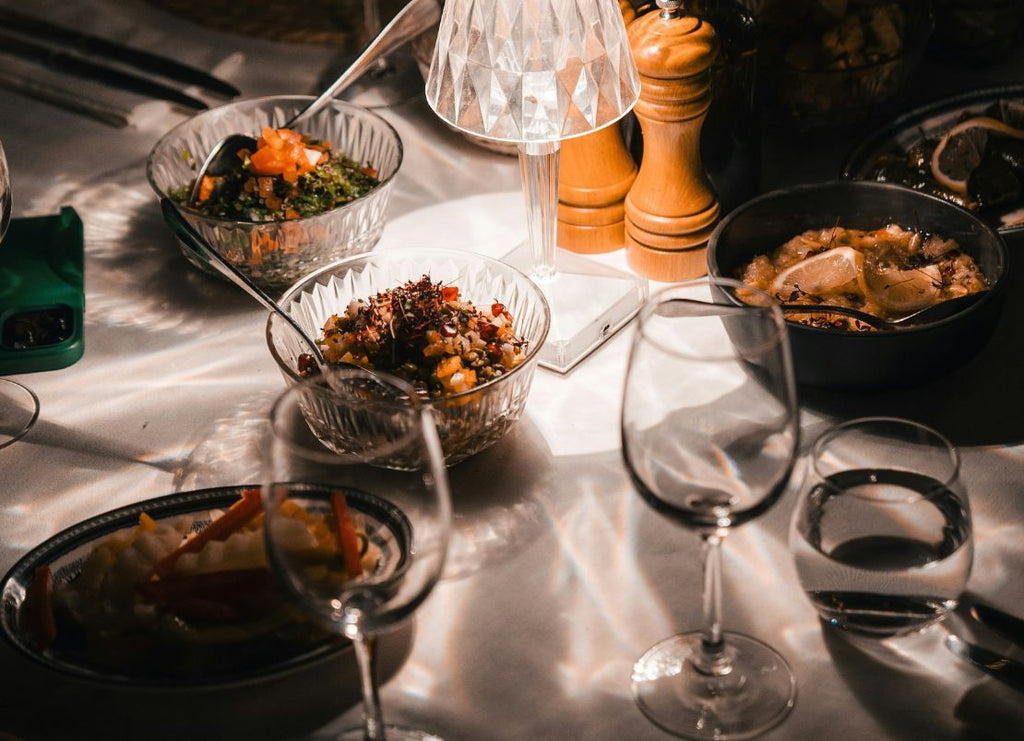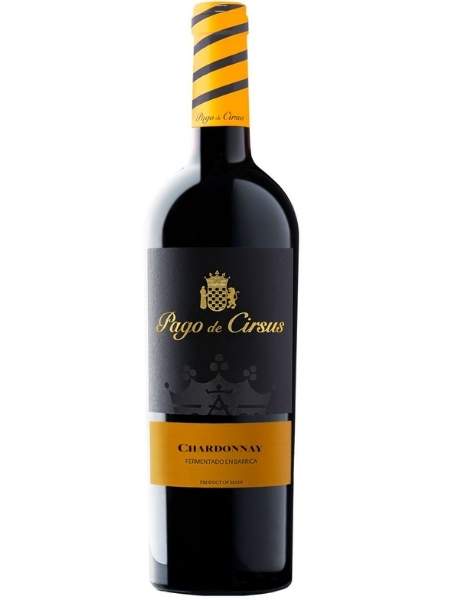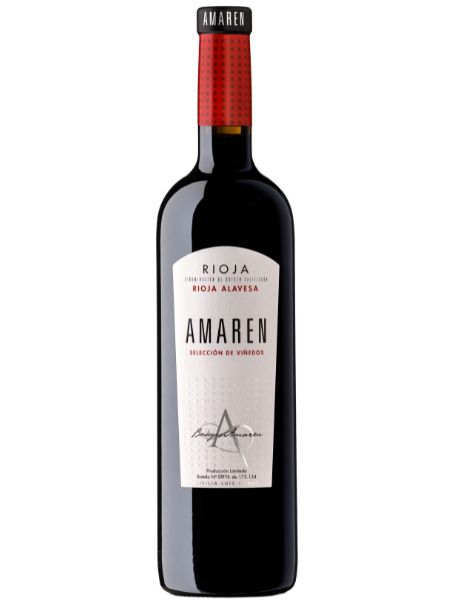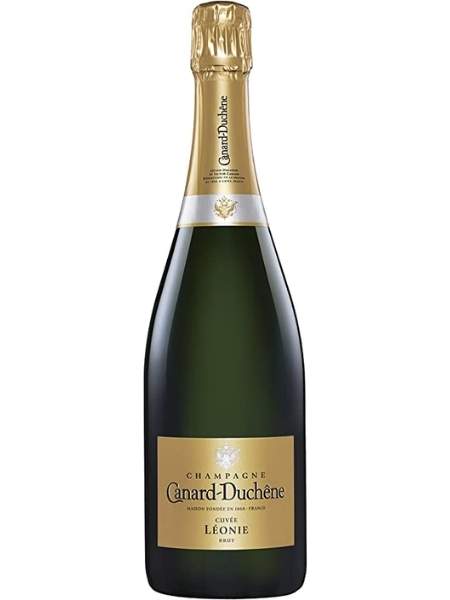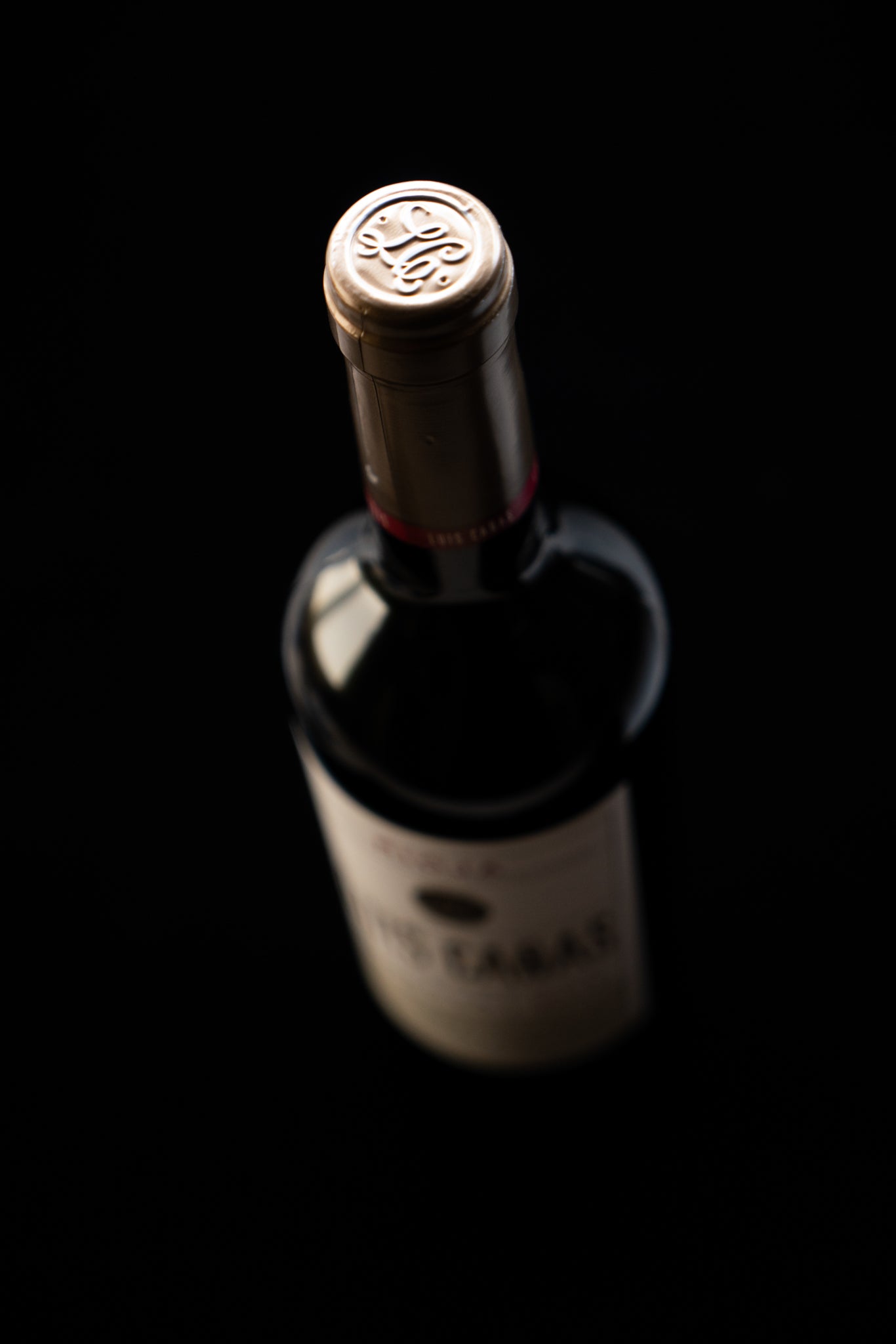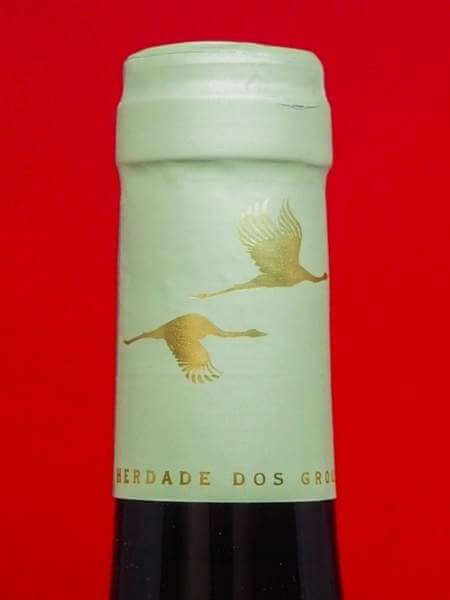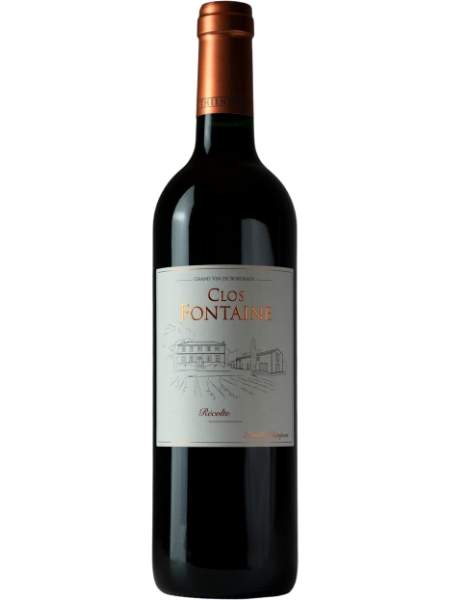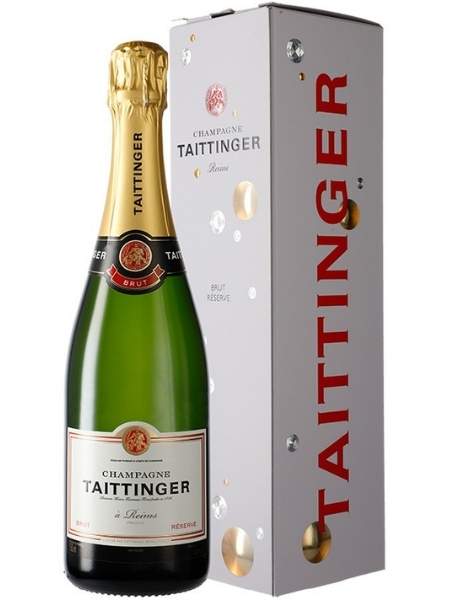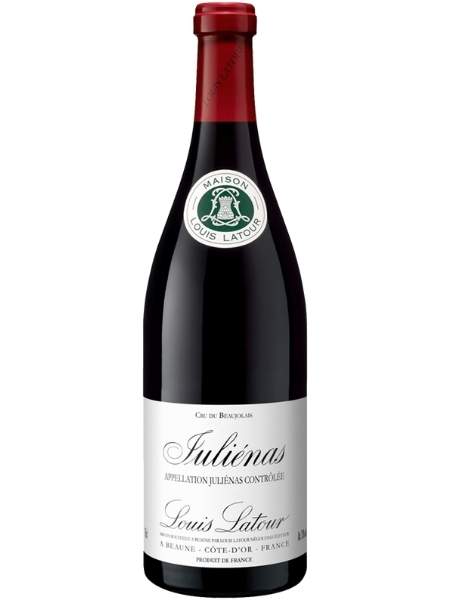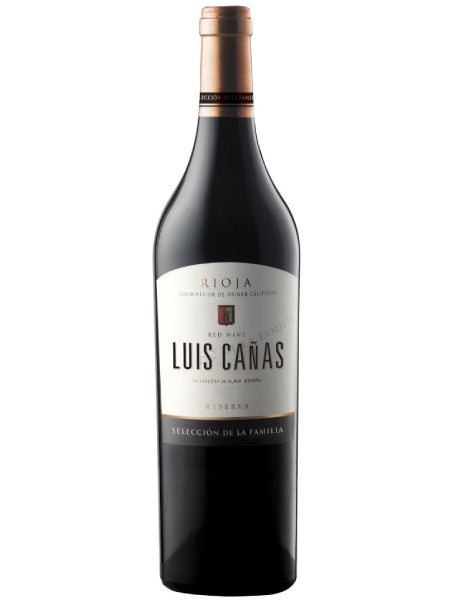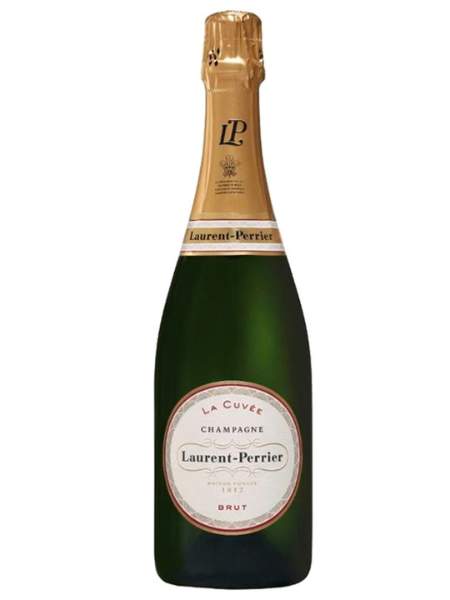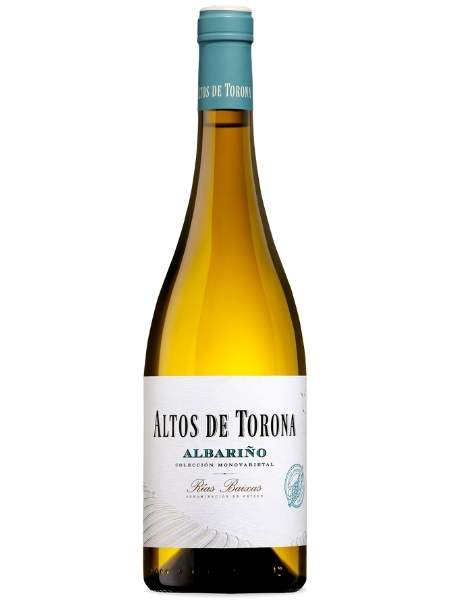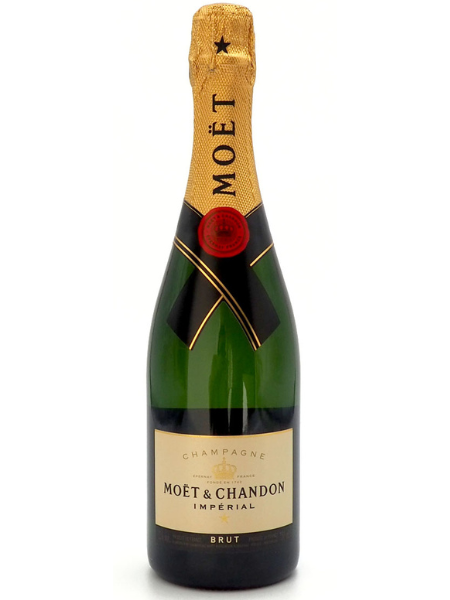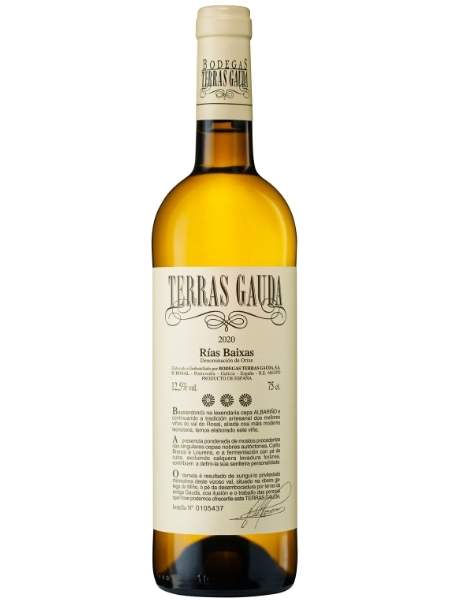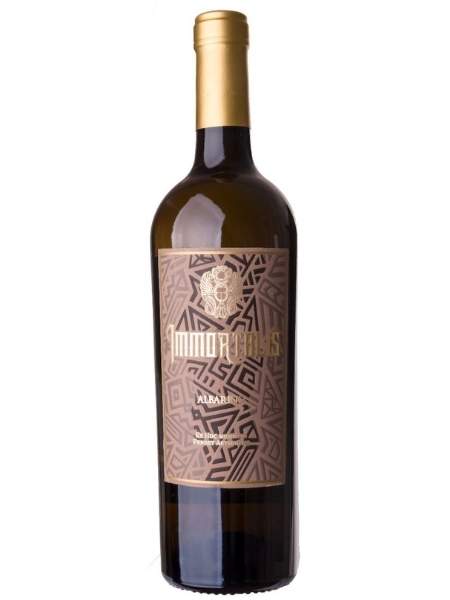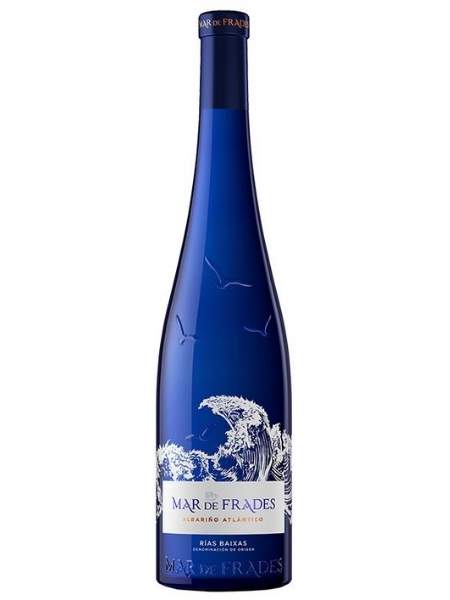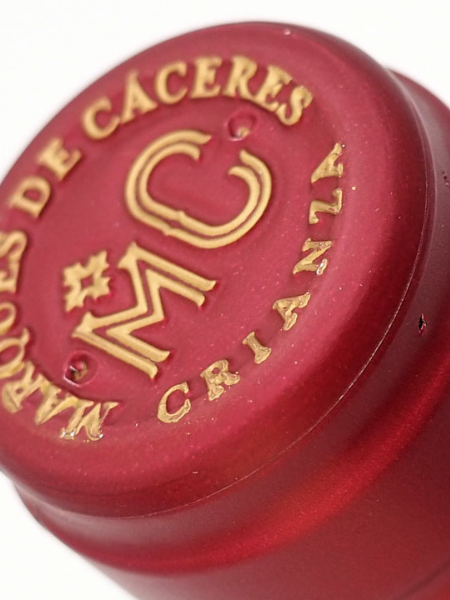
Can Wine Go Off? Everything You Need to Know

We’ve all heard someone comment on a bottle of wine that was “off”. But what exactly does it mean when people say this? Wine can go off, and it is important to understand the signs so you don’t waste money purchasing (or serving) less-than-perfect vintages.
Knowing when your favorite bottles have gone bad, however, isn’t as straightforward as you might think – there are multiple factors at play. Let’s take a closer look at the ins and outs of spoilage in wines; everything from understanding common indicators to how to store your beloved wine bottles for maximum longevity!
Can Wine Go Off?
Wine is a delicate beverage that can be affected by various factors, leading to a decline in its quality over time. While wine doesn't exactly go "off" like perishable food, it can certainly spoil or become undrinkable due to improper storage or exposure to unfavorable conditions. To understand this better, let's explore the factors that can impact wine quality:
Temperature Fluctuations: A Recipe for Disaster
Wine is sensitive to temperature fluctuations. Excessive heat can accelerate the aging process, causing the wine to lose its vibrant flavors and aromas. On the other hand, extreme cold temperatures can freeze the liquid inside the bottle, potentially damaging the wine's structure and overall quality. So, it's essential to store wine in a cool, consistent environment.
Oxidation: The Silent Culprit
Oxidation is the process that occurs when wine comes into contact with oxygen. While a little bit of oxygen exposure is necessary for the aging process, too much can lead to wine spoilage. When exposed to excessive oxygen, the wine can turn brown, lose its fresh flavors, and develop a vinegar-like taste. Properly sealing the wine bottle after opening and using a wine preservation system can help prevent oxidation.
Light Exposure: A Fading Beauty
Just like a vampire avoids sunlight, wine prefers the darkness. Exposure to UV light can be detrimental to wine, causing it to age prematurely and lose its vibrant color. This is why wine bottles are usually tinted or stored in cellars, away from direct light. If you have a wine collection at home, consider investing in a wine fridge or cellar to protect your bottles from harmful light exposure.
Contamination: Uninvited Guests
Wine can also spoil due to contamination by bacteria or other microorganisms. These unwanted guests can enter the bottle through a faulty cork or poor sanitation during the winemaking process. Contaminated wine may develop off-flavors, odors, or even undergo fermentation in the bottle. Proper hygiene practices during winemaking and using quality corks can help minimize the risk of contamination.
Time: A Double-Edged Sword
As with many things in life, time can be both a friend and an enemy to wine. While certain wines benefit from aging, most are meant to be enjoyed within a specific timeframe. Drinking wine past its prime can result in a lackluster experience, as the flavors may become muted, and the wine may lose its balance. It's important to know the aging potential of different wines and consume them accordingly.
How to Identify Spoiled Wine
Now that we know the factors that can impact wine quality, let's discuss how to identify if your wine has gone off. Here are some common signs of spoiled wine:
- Unpleasant Smell: A musty, vinegar-like, or corked odor can indicate spoilage.
- Discoloration: If the wine has turned brown or has an unusual color, it may have spoiled.
- Off-Taste: Spoiled wine can taste vinegary, flat, or have unpleasant flavors.
- Fizzing or Effervescence: If a still wine exhibits carbonation or bubbles, it has likely undergone secondary fermentation and is spoiled.
- Cloudiness: Cloudy or hazy wine can indicate microbial contamination.
Remember, these signs may vary depending on the type of wine and the specific spoilage issue. If in doubt, it's best to consult a wine expert or sommelier for guidance.
How Long Does an Open Bottle of Wine Last?
Once you've uncorked a bottle of wine, you may wonder how long it will remain enjoyable before it starts to deteriorate. The shelf life of an open bottle of wine can vary depending on several factors, such as the type of wine, storage conditions, and personal preference. Here's a general guideline for how long you can expect an open bottle of wine to last:
-
Red Wine: On average, an opened bottle of red wine can retain its quality for about 3 to 5 days. However, some full-bodied red wines with higher tannin and acidity levels can last up to a week or longer. To maximize its lifespan, reseal the bottle with a wine stopper or use a vacuum pump to remove excess air and slow down the oxidation process.
-
White Wine: White wines are generally more delicate and susceptible to oxidation compared to red wines. Once opened, a bottle of white wine can stay fresh for approximately 3 to 5 days in the refrigerator. Lighter-bodied whites like Sauvignon Blanc and Pinot Grigio tend to have a shorter lifespan, while richer, oak-aged whites like Chardonnay may last a bit longer.
-
Sparkling Wine: The effervescence in sparkling wines helps to preserve their freshness, but once the bottle is opened, the carbonation starts to dissipate. To keep the bubbles intact, it's recommended to consume the opened bottle of sparkling wine within 1 to 3 days. Use a sparkling wine stopper or airtight closure to maintain the carbonation for as long as possible.
-
Fortified Wines: Fortified wines like Port, Sherry, and Madeira have higher alcohol content and sugar levels, which act as natural preservatives. As a result, these wines can last longer than regular table wines after opening. Once opened, fortified wines can be enjoyed over several weeks or even months if stored properly. Make sure to reseal the bottle tightly and store it in a cool, dark place.
Remember, these are general guidelines, and the actual freshness and quality of the wine can vary depending on individual preferences and storage conditions. It's always best to trust your senses and taste the wine before deciding whether to consume it. If the wine has developed off-flavors, aromas, or has lost its vibrancy, it's time to bid farewell and open a new bottle for a delightful experience.
FAQ's
- Can wine go off if stored upright?
Yes, storing wine upright for a prolonged period can cause the cork to dry out, leading to excessive oxygen exposure and potential spoilage. It's generally recommended to store wine horizontally or at a slight angle to keep the cork moist and prevent air from seeping into the bottle.
- Does wine go bad after opening?
Once a bottle of wine is opened, it becomes exposed to oxygen, which can gradually degrade its quality. While some wines can still be enjoyable for a day or two after opening, most are best consumed within a few days. To prolong the freshness, you can use wine stoppers or vacuum sealers to minimize oxygen contact.
- Can wine freeze and still be drinkable?
Freezing temperatures can damage the structure of wine, causing the liquid inside the bottle to expand and potentially break the glass. If the wine has been frozen, it's likely to have lost its original qualities and may taste flat or watery upon thawing. It's generally best to avoid consuming wine that has been frozen.
- How can I prevent wine from spoiling?
To prevent wine from spoiling, it's crucial to follow proper storage practices. Keep the wine in a cool, dark place, away from temperature fluctuations, light exposure, and strong odors. Additionally, ensure the bottles are sealed tightly, either with the original cork or a wine stopper, to minimize oxygen contact.
- Can I still cook with spoiled wine?
If you have a bottle of wine that has gone off and is undrinkable, you might wonder if it can still be used for cooking. In some cases, a small amount of spoiled wine may not significantly impact the flavor of a dish, but it's generally best to avoid using wine that exhibits strong off-flavors or unpleasant aromas. Opt for fresh, good-quality wine when cooking to enhance the flavors of your dishes.
- How long can wine be stored before it spoils?
The storage time for wine depends on various factors, such as the type of wine, its quality, and the storage conditions. While some wines can age gracefully for decades, most everyday wines are best consumed within a few years of their release. It's recommended to check the producer's recommendations or consult a wine expert for specific guidance on the aging potential of a particular wine.
Conclusion
In conclusion, while wine doesn't necessarily go off like perishable food, it can indeed spoil or deteriorate due to improper storage or exposure to unfavorable conditions. Factors such as temperature fluctuations, oxidation, light exposure, contamination, and time can impact the quality of wine over time. By understanding these factors and implementing proper storage practices, you can ensure that your wine remains enjoyable and maintains its integrity. So, the next time you reach for a bottle of wine, savor the experience and toast to the preservation of its flavors and aromas.



